Description
ABSTRACT
Greenmailing as a Takeover Defence Mechanism in the Nigerian Market for Corporate Control
Samuel A Dunmade*
The concept and practice of “greenmailing” has emerged as a relatively new phenomenon in Nigeria. While this practice may seem innocuous, it raises many complex economic and ethical questions. Greenmailing is a financial manoeuvre where investors buy enough shares in a target company to threaten a hostile takeover, prompting the target company to buy back the shares at a premium to prevent the takeover. Evaluating the current understanding and acceptance of greenmailing in Nigeria is crucial. Although it has gained little attention to date, the country has experienced a few instances of this practice.1 Each case has elicited varying reactions, ranging from mild indifference to stringent criticism, reflecting the lack of consensus on its legality and ethical implications.2 Incorporating stringent anti-green mailing provisions in company laws in countries like the United States underscores its potential nefarious implications.3 Yet, in Nigeria, no regulatory framework is explicitly addressing greenmail.4 However, as the Nigerian corporate landscape becomes increasingly sophisticated and susceptible to global influences, the frequency and seriousness of greenmailing cases will likely escalate.
Given Nigeria’s burgeoning economic outlook and strong drive towards attracting foreign investment, the potential for greenmailing as a tool for corporate manipulation should not be underestimated. The central argument against greenmailing lies in its capacity to distort the performance of corporations and compromise their financial stability. Conversely, greenmailing could check voracious corporate power and serve as a mechanism for enhancing internal corporate governance. Greenmailing may encourage corporations to be more accountable to shareholders and promote corporate transparency. However, this possible advantage cannot mask the inherent exploitative nature of greenmailing and the negative repercussions it might bring. While Greenmailing persists within the shadows of corporate transactions, its exposure can lead to constructive
discourse.
*LL.B (Bowen University), B.L (Lagos), ACArb, ACTI. Associate, G. Elias.
- Omeh, Susan, ‘Navigating the Murky Waters of Hostile Takeovers in Nigeria: Preventive and
Defensive Strategies’ accessed 18 August 2024. - R Edward Freeman, Daniel R Gilbert, Jr. and Carol Jacobson. ‘The Ethics of Greenmail’ (1987) 6(3)
Journal of Business Ethics 165-178 accessed 4 April 2024. - Bebchuk, Lucian Arye, and Marcel Kahan. ‘A Framework for Analyzing Legal Policy Towards Proxy
Contests’ (1990) 78(5) California Law Review, 1071–135. JSTOR, accessed 4 April 2024. - Nigerian laws make no express provision for greenmail. However, an interesting anti-greenmail
provision is Section 119 of the Companies and Allied Matters Act, 2020, which mandates a person who
becomes a significant shareholder of a company to notify the company of such significant shareholding
within seven (7) days of becoming such person. A significant shareholder is a person who acquires at
least 5% of the shares of a company.

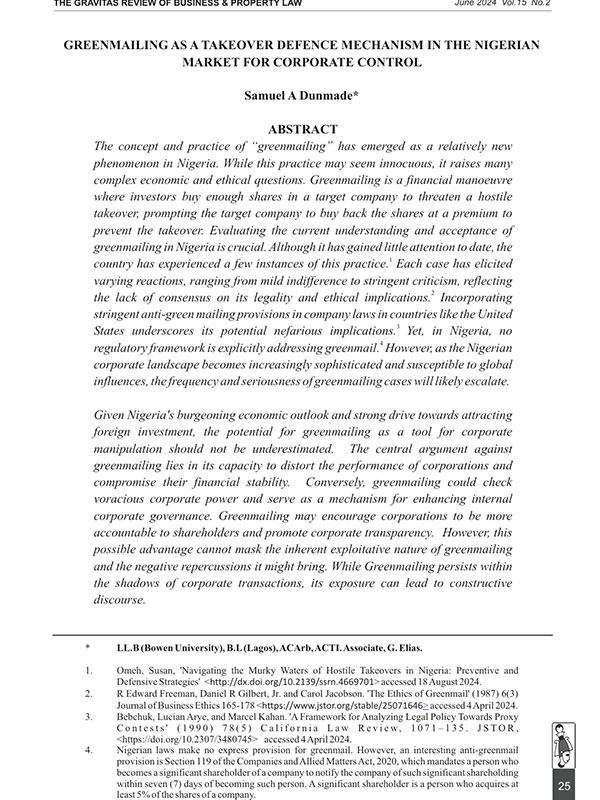
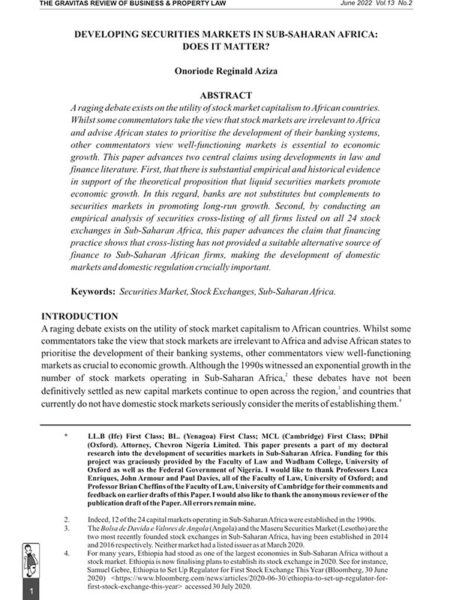
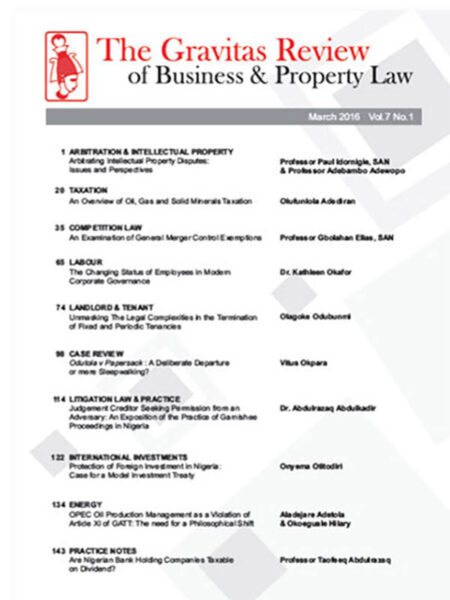
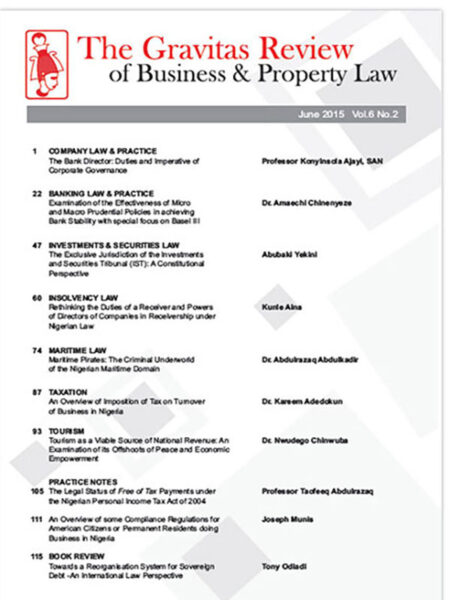
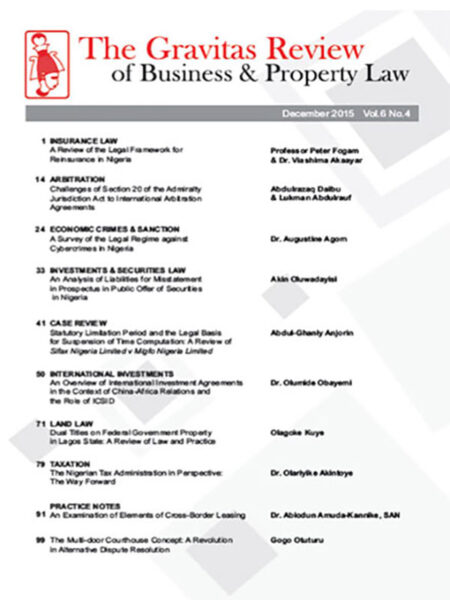


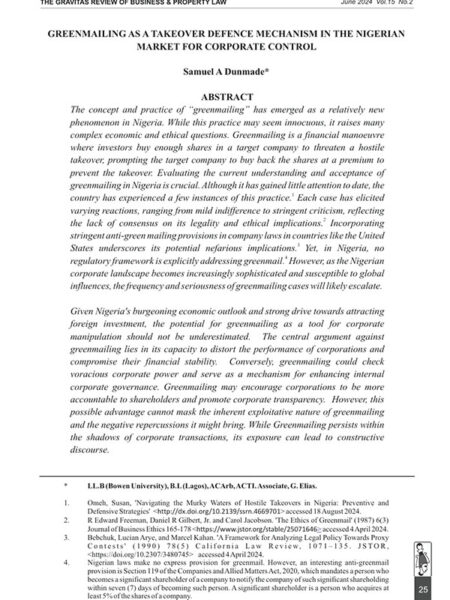
Reviews
There are no reviews yet.